This article was produced in partnership with the United Nations to launch the biggest-ever global conversation on the role of cooperation in building the future we want. Share your voice by taking the 1-minute UN75 survey.
Healthcare is a fundamental right. That idea may be at the crux of American politics right now, but it's not an American concern—it's a human one. The United Nation's third sustainability development goal honors that universality by transcending what divides us — borders, socio-economics, religion, and language — to further ensure basic healthcare for all people around the globe, narrowing their focus to four crucial categories: maternal health, infectious diseases, reproductive health, and non-communicable diseases.
Of course, what constitutes "basic" healthcare is always evolving. In the 18th century, an experimental smallpox vaccine was administered to Catherine the Great but the World Health Assembly didn't expand that privilege to all populations until 1958. The vaccine evolved from a rare privilege to a fundamental one. Today, smallpox is eradicated.
To honor the UN's commitment to bringing basic healthcare to people around the globe, check out some of the spectacular achievements humanity has made over the years:
1818: British obstetrician James Blundell performed the first successful human blood transfusion — transferring blood between a patient who had hemorrhaged during childbirth. Blood transfusions now save countless lives.
1867: Joseph Lister publishes his "Antiseptic Principle of the Practice of Surgery." Believing cleanliness during surgery was imperative not only to the medical procedure's success, but also to the patient's subsequent recovery. He implored his colleagues antiseptic surgical methods such as the use of carbolic acid to clean wounds and instruments. Sure enough, his methods quickly became common practice, with one particular hospital noting a staggering decrease in death rates from infectious disease from 60% to 4%.
1879: Pasteur discovered the first vaccine with a disease called chicken cholera.
1928: Alexander Fleming discovers Penicillin, later dubbed "the wonder drug." In the pre-antibiotic era of the early 1900s, people had no medicines against these common germs and as a result, human suffering — especially in regards to children and the elderly — was enormous.
1954: More than 1.3 million U.S. children participated in a trial of Salk's inactivated polio vaccine.
1980: Global eradication of smallpox declared. Because of widespread vaccination, polio was eliminated from the Western Hemisphere. The World Health Organization achieved this goal with the last endemic case of smallpox reported in Somalia in 1977.
1995: A combination drug treatment known as the "AIDS cocktail" is introduced. This type of therapy was originally known as highly active antiretroviral therapy (HAART). In Africa, where the HIV/AIDS crisis hits hardest today, doctors are slowly making progress, and in some cases real gains, which is the case with the use of antiretroviral drugs to block mother-to-infant HIV transmission.
2018: A single dose cure for malaria is approved. In a study of the treatment—called tafenoquine—60 percent saw no relapse six months after taking the drug. Tafenoquine has been submitted for approval to the Australian regulatory authority and is slated to be submitted for approval in malaria-endemic countries. Experts hope this new treatment will accelerate the path to elimination of this mosquito-borne disease.
As part of celebrating its 75th anniversary, the UN calls for accelerating sustainable solutions to all the world's biggest challenges including ensuring healthy lives and promoting well-being at all ages. You can help by getting involved in various good health campaigns or joining the global conversation about the role of international cooperation in building the future by taking the 1-minute UN75 survey.















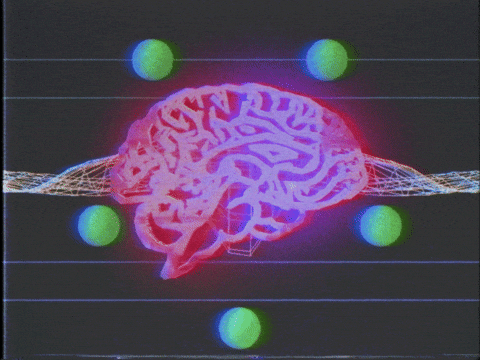 Big Brain GIF by Jay Sprogell
Big Brain GIF by Jay Sprogell
 Shake It Off Wet Dog GIF by BuzzFeed
Shake It Off Wet Dog GIF by BuzzFeed
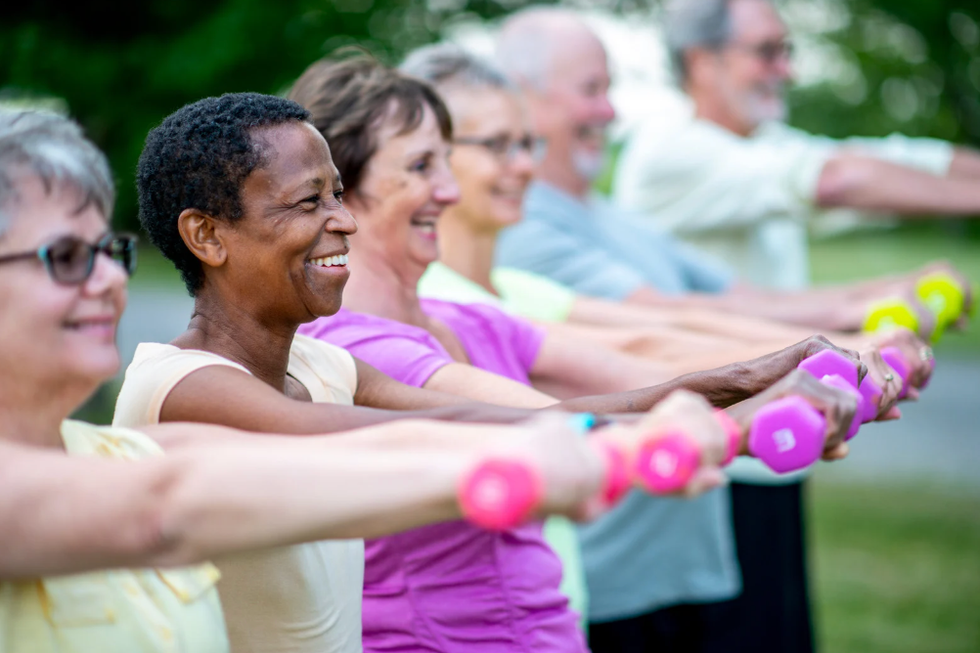 Working out with friends also makes exercise more enjoyable (and feel quicker).Photo credit: Canva
Working out with friends also makes exercise more enjoyable (and feel quicker).Photo credit: Canva
 People with Imposter Syndrome can't accept their achievements.
Photo by
People with Imposter Syndrome can't accept their achievements.
Photo by 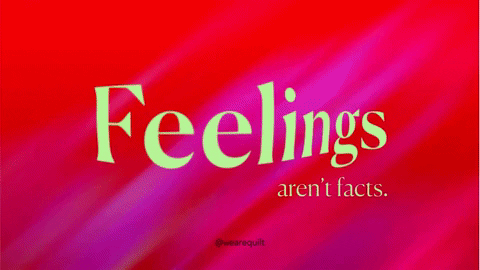 Emotion Feeling GIF by Quilt
Emotion Feeling GIF by Quilt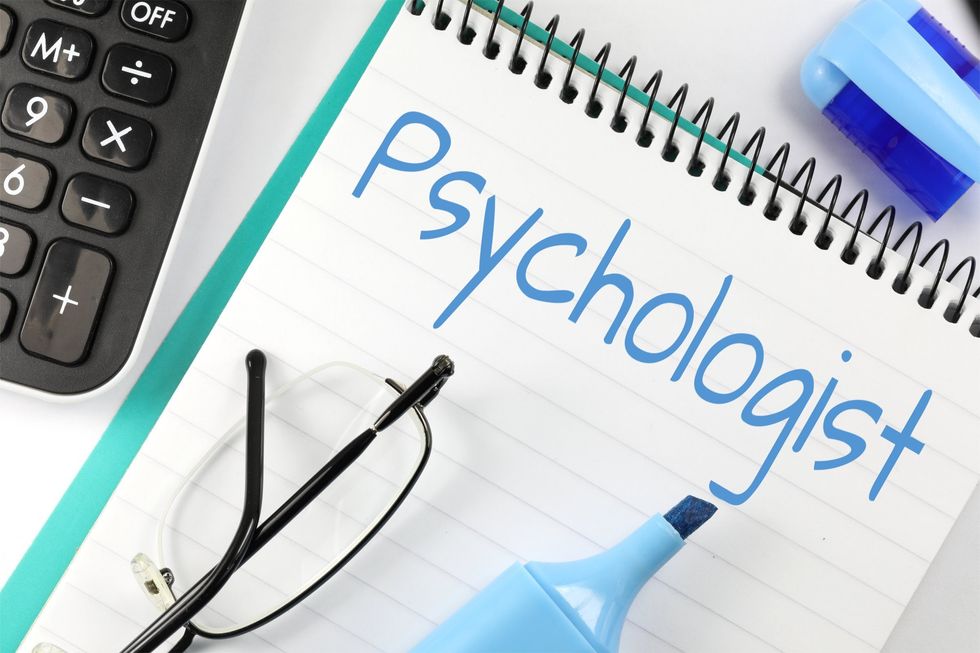 Psychologist - Free of Charge Creative Commons Notepad 1 image
Psychologist - Free of Charge Creative Commons Notepad 1 image
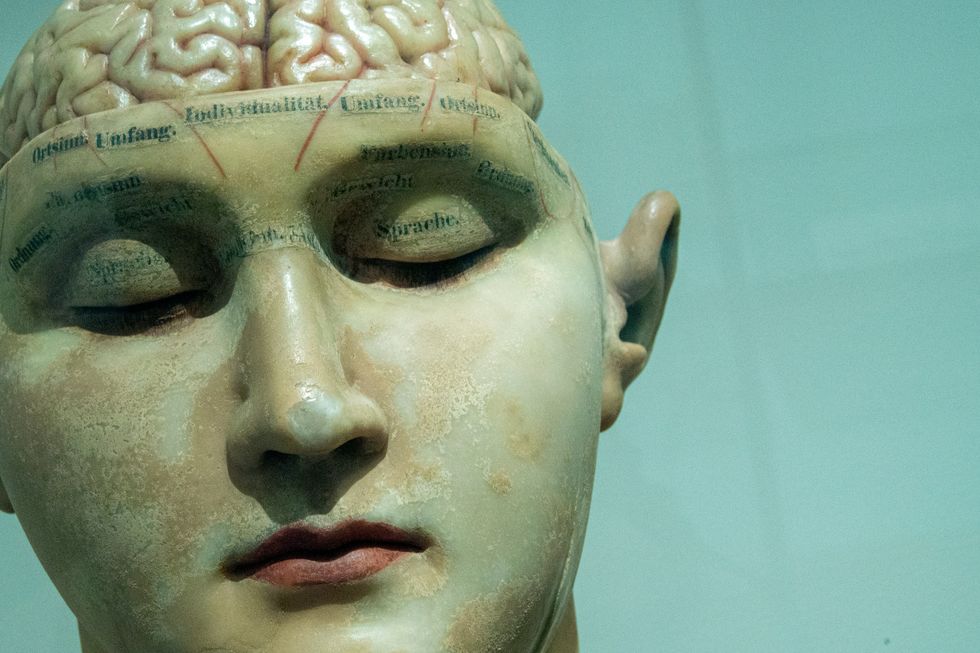 Human anatomy model.
Photo by
Human anatomy model.
Photo by 
 Socks warm your feet, but cool your core body temperature.Photo credit: Canva
Socks warm your feet, but cool your core body temperature.Photo credit: Canva
 A new t-shirt could open up more hospital beds for patients.Photo credit: Canva
A new t-shirt could open up more hospital beds for patients.Photo credit: Canva Wearable solutions could be revolutionary.Photo credit: Canva
Wearable solutions could be revolutionary.Photo credit: Canva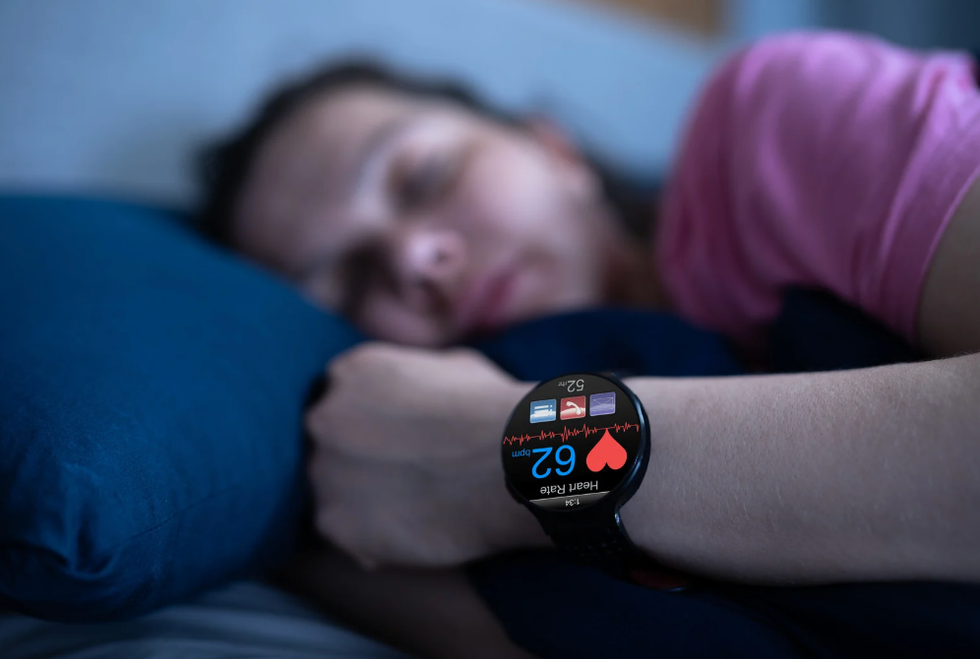 Many wearable tech devices could help you monitor your health.Photo credit: Canva
Many wearable tech devices could help you monitor your health.Photo credit: Canva